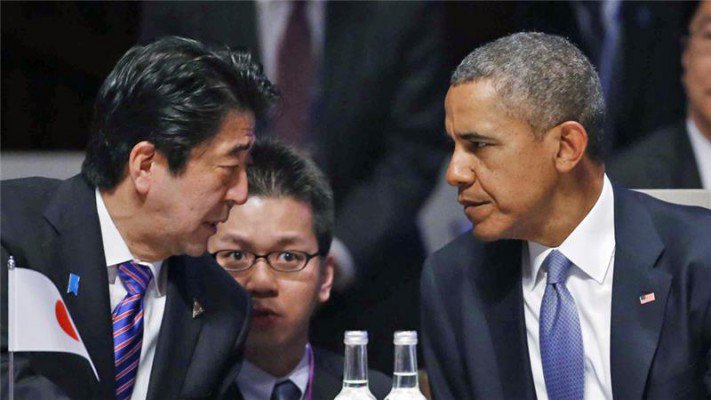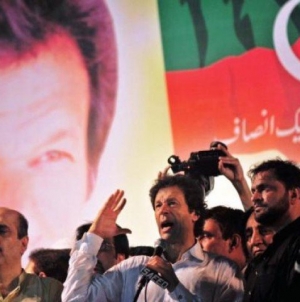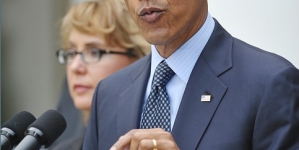-
Tips for becoming a good boxer - November 6, 2020
-
7 expert tips for making your hens night a memorable one - November 6, 2020
-
5 reasons to host your Christmas party on a cruise boat - November 6, 2020
-
What to do when you’re charged with a crime - November 6, 2020
-
Should you get one or multiple dogs? Here’s all you need to know - November 3, 2020
-
A Guide: How to Build Your Very Own Magic Mirror - February 14, 2019
-
Our Top Inspirational Baseball Stars - November 24, 2018
-
Five Tech Tools That Will Help You Turn Your Blog into a Business - November 24, 2018
-
How to Indulge on Vacation without Expanding Your Waist - November 9, 2018
-
5 Strategies for Businesses to Appeal to Today’s Increasingly Mobile-Crazed Customers - November 9, 2018
Japan demands US explanation over alleged spying
“The reports demonstrate the depth of U.S. surveillance of the Japanese government, indicating that intelligence was gathered and processed from numerous Japanese government ministries and offices”, Wikileaks said. Even worse, it looks like the US may have also shared their collected info with other countries.
Advertisement
Japan would protest against the U.S. government if the U.S. National Security Agency (NSA) did spy on the Japanese government as the Wikileaks website revealed, local media reported Saturday.
Japanese Prime Minister Shinzo Abe did not appear to be a direct target of wiretapping, but senior politicians were, including Japanese Minister of Economy, Trade and Industry Yoichi Miyazawa.
The list includes Japanese Cabinet officials, major banks, and top Japanese companies, such as the natural gas division of Mitsubishi and the petroleum unit of Mitsui.
Bank of Japan officials were also targeted, Wikileaks said, as well as auto firm Mitsubishi and white goods company Matsui.
Four of the five documents Wikileaks published were marked “top-secret” and contained details and strategies of the Japanese government on climate change and trade negotiations for two years from 2007 to 2009.
Japan’s Chief Cabinet Secretary Yoshihide Suga told journalists that Tokyo is waiting for the United States to clarify situation with the revelations concerning the NSA spying on the Japanese government and businesses.
In the end, it didn’t matter, as the US was listening anyway. The lesson for Japan is this: do not expect a global surveillance superpower to act with honor or respect.
Advertisement
WikiLeaks has released similar documents in recent weeks that it said show NSA spying on Germany, France and Brazil. Worldwide politics seems to be a pretty dirty game, one which the US is somehow simultaneously winning and losing. The NSA garnered detailed knowledge of internal Japanese deliberations on topics including agricultural imports and trade disputes; negotiating positions in the Doha Round of the World Trade Organization; technical development plans, climate change policy, nuclear and energy policy and carbon emissions schemes. “Would the effectiveness of Japan’s industry and climate change proposals be different today if its communications had been protected?” asked WikiLeaks investigations editor Sarah Harrison.





























